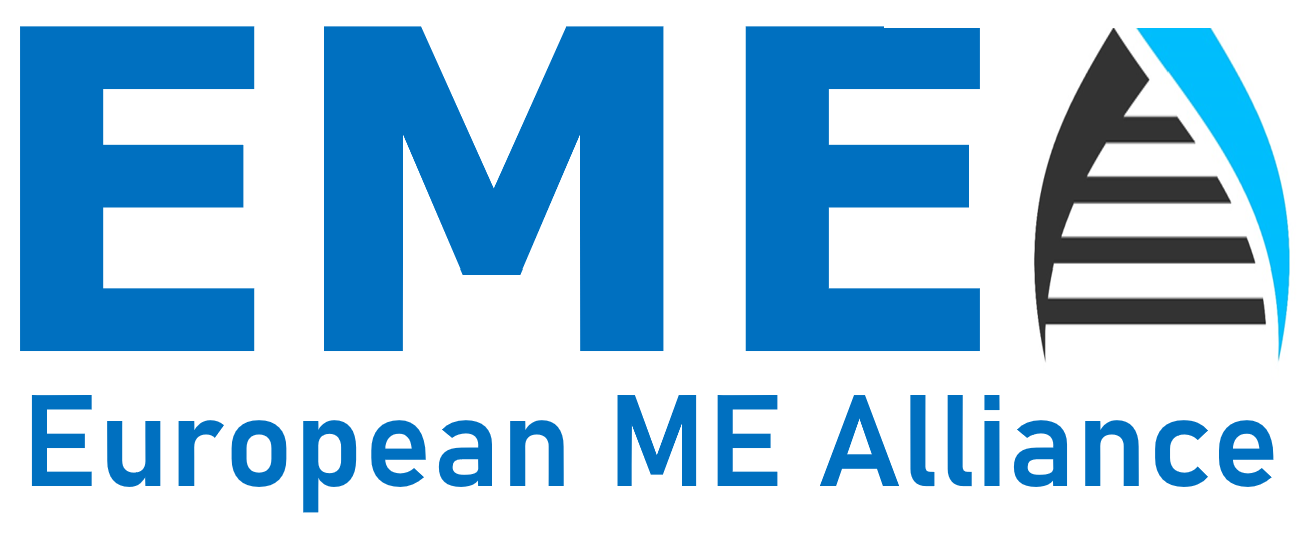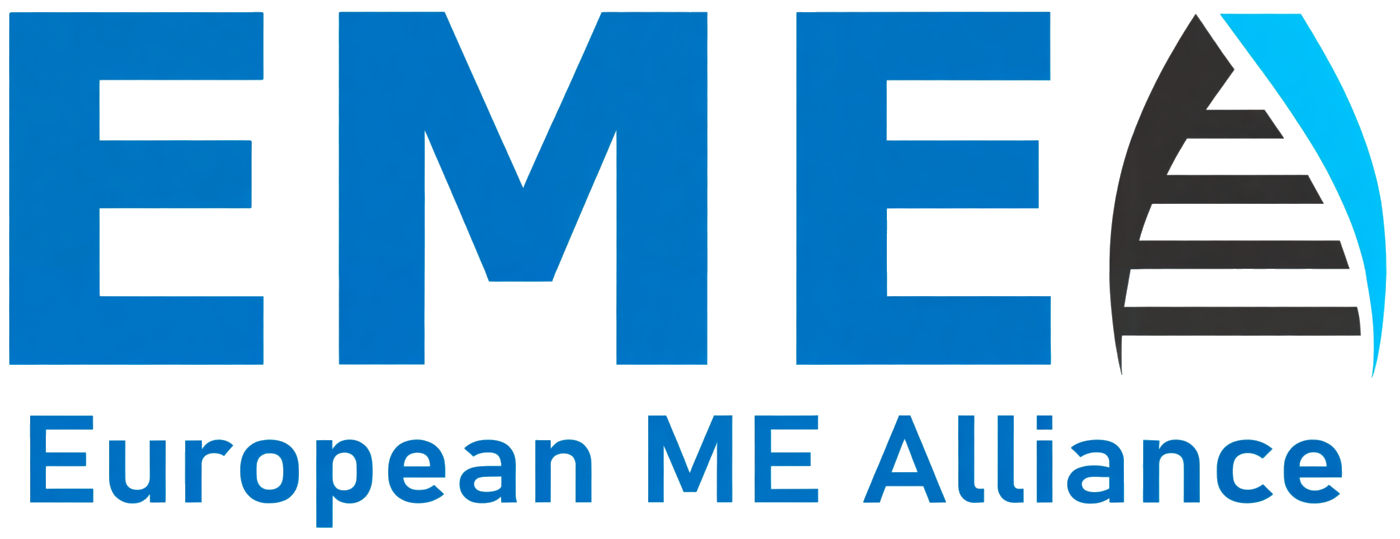
EMEA Presenting at the 75th session of the World Health Organisation Committee for Europe
EMEA News for October 2024
In 2023 the European ME Alliance received
‘
official Non-State Actor accreditation’ status
from WHO’s Regional Office for Europe during WHO Europe’s 73rd Regional
Committee Meeting (RC73).
This status permits EMEA to participate in WHO Europe Regional Meetings and
to make official statements on agenda topics of interest.
EMEA aims to use this platform to improve awareness, recognition, and action for Myalgic Encephalomyelitis (ME) across
WHO Europe’s 53 member states.
European ME Alliance Statement at 75th Regional Committee Meeting for Europe
28–30 October 2025, Copenhagen, Denmark
Agenda Item 9: A strategy on harnessing innovation for public health in the WHO European Region 2025–2030
Honourable Chair, Esteemed Delegates,
Myalgic Encephalomyelitis (ME, sometimes referred to as ME/CFS) devastates lives. Many patients spend years in darkened rooms, too weak to sit up, completely dependent on others for survival.
They are invisible — unseen, unheard — living in silence because social and health systems are not equipped to help them — and the United Nations Convention on the Rights of Persons with Disabilities is not implemented in a way that legally protects them.
This leaves millions of lives diminished, families broken and impoverished, and an epidemic of preventable suffering.The WHO strategy on innovation in public health offers a turning point. Myalgic Encephalomyelitis is exactly where innovation is most needed.
Digital health and telemedicine can reach those who cannot leave their beds. Homebased care and personal assistance can prevent over-exertion and worsening disability levels.
We call for investment in a coordinated, collaborative European strategy of biomedical research to produce an infrastructure with the capacity to understand the disease, support patients, and develop effective treatments.
To include ME is to turn neglect into leadership. It is not only sound policy — it is a moral and scientific imperative. It embodies the values of this strategy: equity, inclusion, and the right to health for all.
The European ME Alliance will be pleased to work with WHO Europe Member States in establishing collaborative Centres of Excellence for ME throughout Europe.
Thank you.

